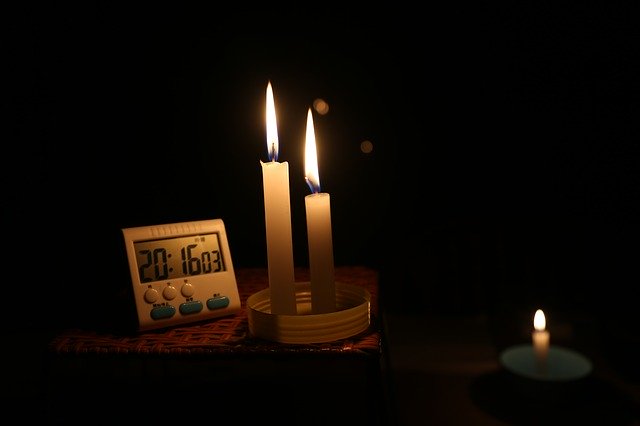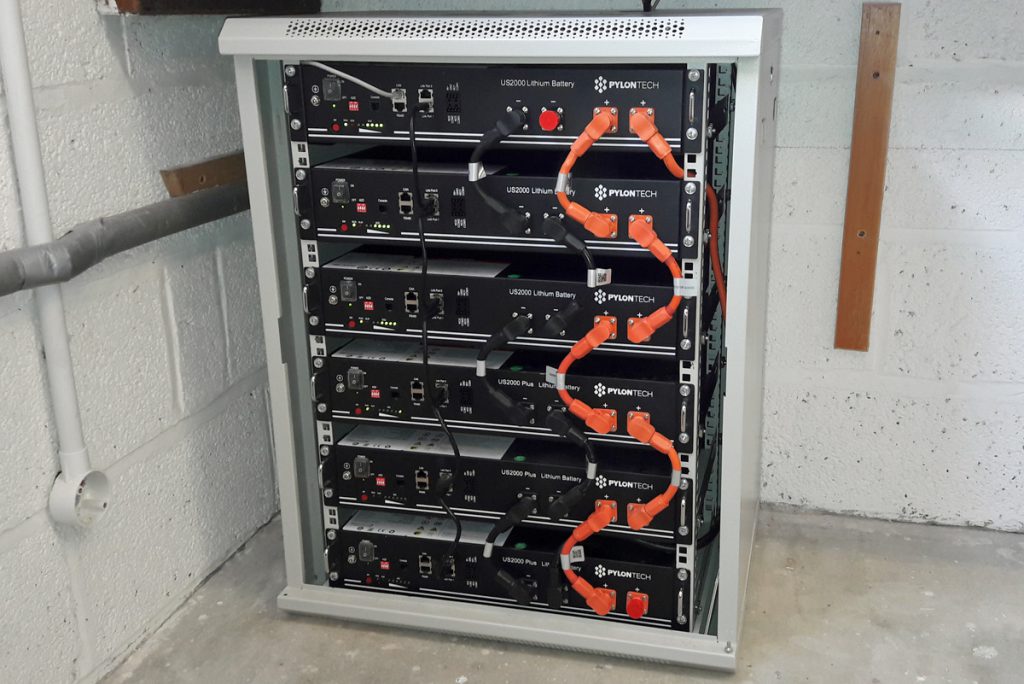Wednesday (21 December) marks the shortest day of the year in the UK and many other nations, meaning that electricity demand is likely to increase as people turn lights on earlier. To help maintain energy security, battery storage systems are pulling their weight, new research has revealed.
SSE’s Solar and Battery division has this week marked the Winter Solstice by highlighting how short, dark days impact the UK’s network of solar arrays and energy storage facilities.
As one would expect, it is forecasting that output from the UK’s solar stock will be lower than average for the season. As well as the day being shorter, light intensity is low in many parts of the UK due to cloudy weather. There is also no benefit of snow to act as a light reflector in regions including the southeast, with the recent cold snap having ended for many.
However, the organisation has concluded that the UK’s battery stock could technically power 25% of the UK’s homes for a full hour of darkness. The calculation stems from the fact that the UK’s operational battery storage capacity is 2.1GWh and that the average home uses 0.3kWh for an hour. There are around 27.8 million homes in the UK, so one-quarter is around seven million homes.
Opponents of renewable energy often point out that generation is intermittent, varying in line with weather conditions. But this challenge is not insurmountable if flexibility is built into the energy system, including energy storage at scale.
RenewableUK revealed in April that 1.6GW of energy storage is operational nationwide. The UK Government’s climate advisory body, the Climate Change Committee (CCC), has recommended that measures are taken to grow the energy storage stock to 18GW by 2035 if the 2050 net-zero goal is to be met and interim carbon budgets adhered to.
Read more: edie
It’s Time to Go Green!
If you would like to know more about Solar Panels and the PowerBanx range of home battery systems, and get a free instant quote, please complete our online form:






